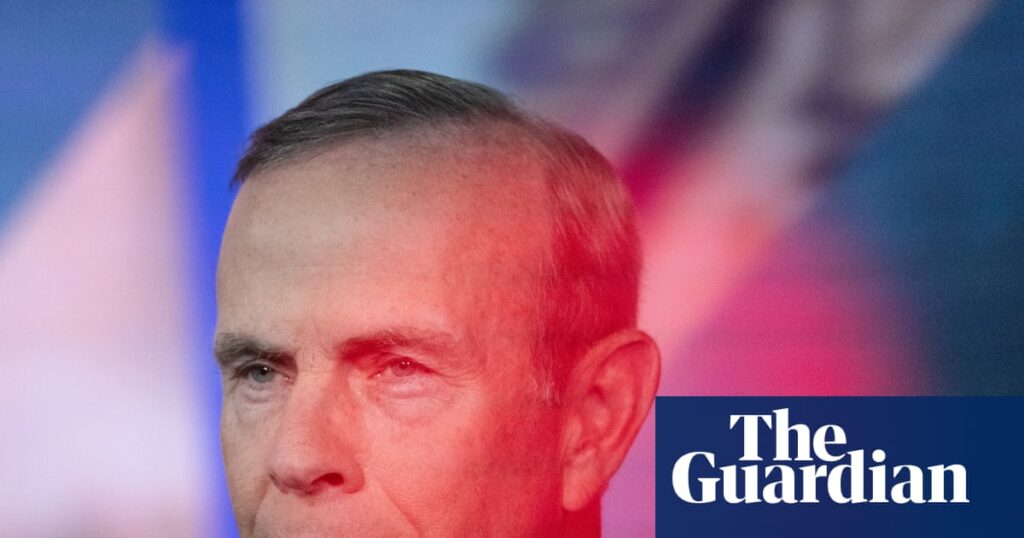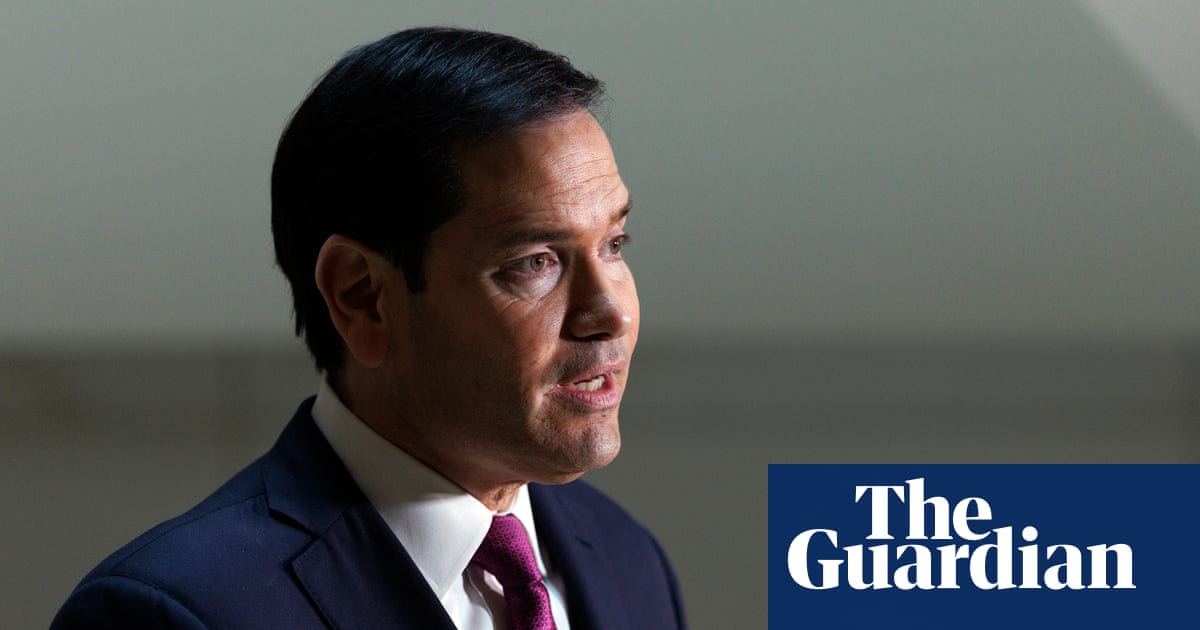
The chief executive of Chevron, one of the world’s largest oil and gas companies, has called for Australia to adopt policies similar to those of the United States and the Middle East to attract more fossil fuel investment. In an exclusive interview with The Australian, Mike Wirth expressed concerns about Australia’s competitive position in the global energy market, following a private meeting with Deputy Prime Minister Richard Marles.
Wirth’s comments come as Chevron reported earnings of $9 billion over the last six months, underscoring the company’s significant role in the global energy sector. He suggested that by adopting more favorable regulatory frameworks, akin to those in the US and the Middle East, Australia could enhance its appeal to energy investors.
US Deregulation and Its Impact
Wirth’s advocacy for US-style policies highlights the deregulation efforts under former President Donald Trump, which eased restrictions on fossil fuel companies. The Environmental Protection Agency (EPA) under Trump’s administration rolled back several regulations, which were described by EPA Administrator Lee Zeldin as the “greatest day of deregulation our nation has seen.”
“We are driving a dagger straight into the heart of the climate change religion to drive down cost of living for American families, unleash American energy, bring auto jobs back to the US and more,” Zeldin stated.
These changes have been controversial, with critics arguing that they undermine efforts to combat climate change. The Trump administration’s stance included withdrawing from the Paris climate agreement and attempting to rescind the “endangerment finding,” which allowed the US government to regulate greenhouse gas emissions.
Challenges in Australia
Wirth reportedly criticized the rising costs for Chevron in Australia, attributing them to legal challenges from environmental groups, labor regulations, and changes to the Petroleum Resource Rent Tax (PRRT). Despite these complaints, Chevron acknowledged to a Senate inquiry that the PRRT changes were “proportionate and will not curtail future investment.”
Alex Hillman, lead analyst at the Australasian Centre for Corporate Responsibility, argued that Chevron’s challenges are not due to Australia’s competitiveness but rather the growing viability of renewable energy sources. “The biggest obstacle for fossil fuel companies like Chevron is not government regulation, but that renewables are increasingly out-competing LNG on cost and offering real energy security for emerging markets,” Hillman said.
Chevron’s Environmental Record
Chevron’s environmental impact has been a point of contention, with its LNG plant at Gorgon in Western Australia being the largest emitting project in the country. The company has received millions in tradable carbon credits under Australia’s safeguard mechanism, yet it remains a significant contributor to greenhouse gas emissions.
According to historical emissions data, Chevron has emitted more greenhouse gases than any other independently owned entity, trailing only behind Saudi Aramco, China, and the former Soviet Union since the 1850s.
Despite setting targets to lower emissions intensity, Chevron continues to face criticism for its climate goals. Advocacy groups argue that the company’s strategy to “grow our oil and gas business” is incompatible with global climate objectives. A report from Oil Change International labeled Chevron as “dangerously out of step with climate goals.”
Future Outlook and Implications
Chevron’s push for policy changes in Australia reflects broader tensions in the global energy sector, where fossil fuel companies face increasing pressure to adapt to a low-carbon future. As governments worldwide strive for net-zero emissions by 2050, companies like Chevron must navigate regulatory landscapes that are often at odds with their traditional business models.
The debate over Australia’s energy policy continues to unfold, with implications for both the domestic economy and international investment. As the country balances economic growth with environmental responsibility, the decisions made today will shape its energy landscape for decades to come.
Moving forward, it remains to be seen how Australia will respond to calls for policy shifts and how Chevron will adapt to the evolving energy market. The company’s future strategies will likely need to address both the economic realities of the fossil fuel industry and the growing demand for sustainable energy solutions.






